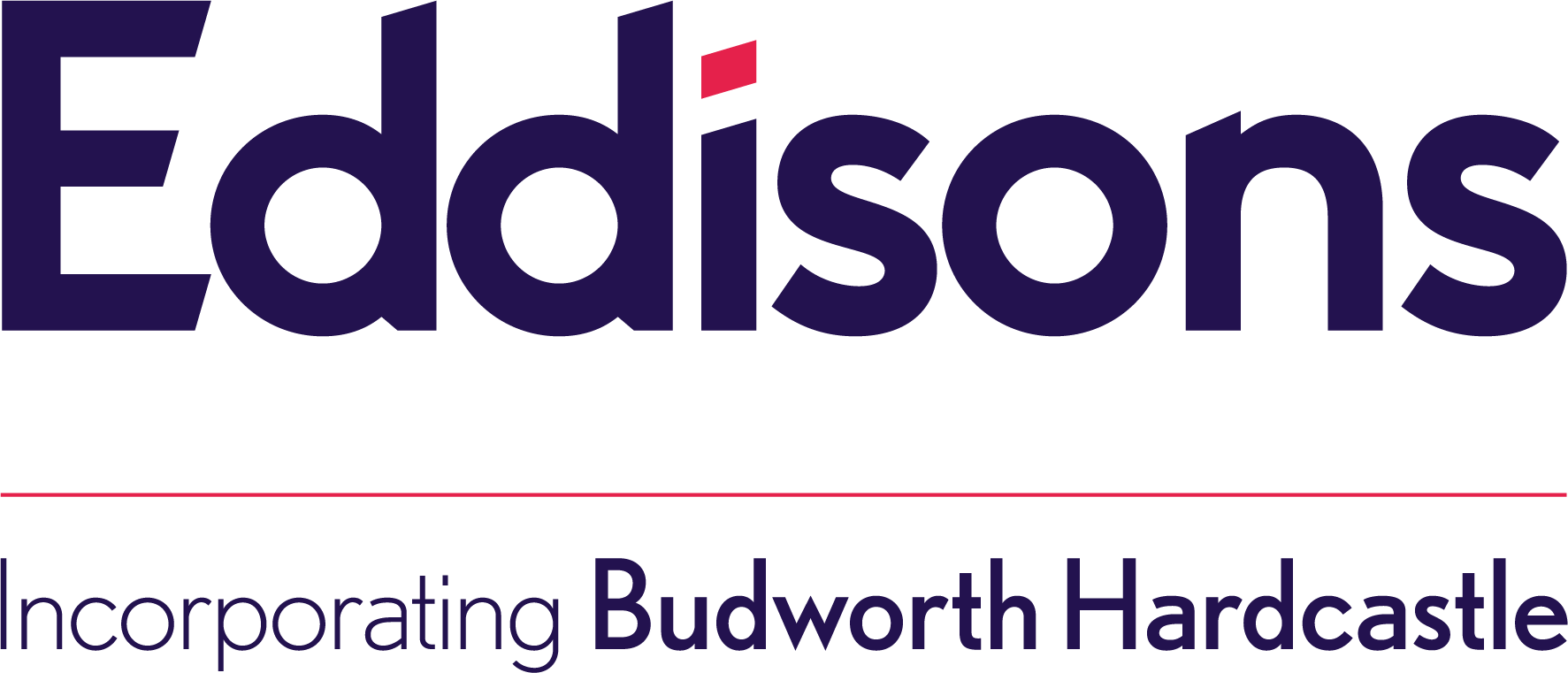Do I Need An Access Audit?
In this blog post, we examine the nature of access audits, also referred to as Disabled Access Audits or Disability Discrimination Act Audits.
Access audits determine how accessible and welcoming public buildings and venues are for disabled individuals, such as those with mobility issues, lack of sight, and other cognitive and sensory impairments.
Commercial and retail businesses are bound by law to consider access as part of their obligations to meet the requirements of the Disability Discrimination Act, Equality Act, and other relevant legislation.
Companies who invest in an access audit can identify areas for improvement and ensure their premises meet and even exceed the minimum DDA access requirements.
What Is An Access Audit?
An access audit involves an inspection of premises and other environments, such as outdoor spaces, to evaluate their suitability against best practice standards.
While audits are usually completed on building premises, inspections can also take place of an environment or service to determine compliance with the law.
The process typically includes the following:
● During an audit, the inspector will consider multiple factors, such as ease of entry and exit, navigation, and the general usability of the premises for disabled and other impaired users, including those with sight and hearing difficulties.
● Examples of this include inspecting entryways, the size of doorways, emergency exits, corridor widths, car parking spaces, signage, disabled access to toilet and sanitary facilities, wheelchair ramps, lifts, and vertical and horizontal movement, and more.
● The advantages of an audit are that businesses can determine what work (if any) needs to be completed to ensure they meet their legal requirements. Businesses may be required to take ‘reasonable steps’ to comply with the Equality Act.
● An audit report issued at the end of the inspection will highlight key areas of concern and may also include targets for the business to achieve. The report will benchmark the business against best practice standards to assess the level of compliance.
What Are Access Audits For?
Do I need an access audit? Commercial and retail businesses, in particular, should seriously consider an access audit. This applies to small, medium, and large companies.
Not only are audits useful for businesses wanting to ensure they can provide the best experience for disabled staff and visitors, but they are also useful for those who are unsure if they meet the minimum legal requirements.
Investing in an access audit can minimise the risk of civil action lawsuits, which can be expensive and far exceed the cost of a typical audit.Aside from the major advantages, companies can also gain professional advice on the potential for building adjustments from a qualified auditor. This advice can be invaluable, especially for smaller businesses with a limited budget to spend. Contact us today to discuss your needs further.












